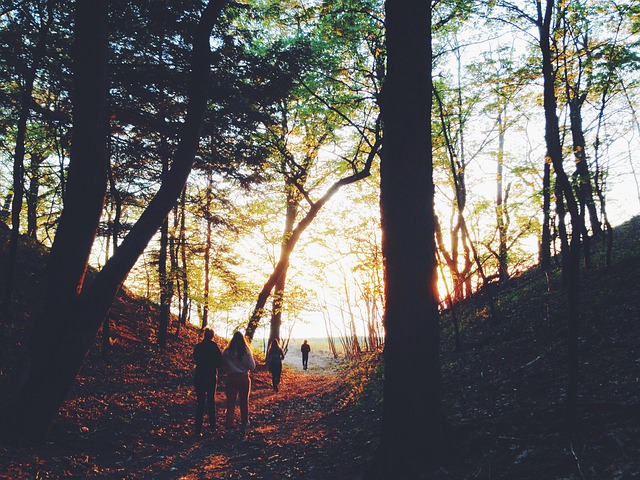Teaching to Care for Land as Home
Thinking beyond the Anthropocene in environmental education
DOI:
https://doi.org/10.31273/eirj.v10i2.969Keywords:
Capitalocenee Anthropocene, environmental education, outdoor education, climate change, ethnographyAbstract
Can a feminist, justice-oriented approach to environmental care function through the concept of the Anthropocene? This article argues that by foregrounding girlhood and young women's experiences, an ecofeminist approach to environmental education benefits the outdoor education field and environmentalist action alike. The argument is based on ethnographic research from 2018 at Cottonwood Gulch—an outdoor education program based in New Mexico, USA. It focuses on an all-girls group and the relationships they created with wildlife and wild spaces throughout their time in the outdoors immersion program. The article explores how an ecofeminist approach to the girls' education strengthened their responsible relationships with environments. Cottonwood Gulch created a sense of home in the landscapes it explored, and it encouraged intimacy between participants and between participants and wildlife. Through this approach the girls came to know "land as home" and to understand caretaking as central to ecological responsibility and environmentalism. The article explores the entanglement of environmentalism and feminism discussed through ecofeminist approaches and problematizes the Anthropocene through this lens. It asks us to look beyond the concept of the Anthropocene and instead take up understanding of the Capitalocene, allowing ecofeminist thought and work to inspire a justice-oriented approach to environmentalism and environmental education.
Downloads

Downloads
Published
Issue
Section
License
Copyright (c) 2023 Alejandra Melian-Morse

This work is licensed under a Creative Commons Attribution 4.0 International License.
Authors who publish with this journal agree to the following terms:
Authors retain copyright and grant the journal right of first publication with the work simultaneously licensed under a Creative Commons Attribution License (CC-BY), which permits use and redistribution of the work provided that the original author and source are credited, a link to the license is included, and an indication of changes which were made. Third-party users may not apply legal terms or technological measures to the published article which legally restrict others from doing anything the license permits.
If accepted for publication authors’ work will be made open access and distributed under a Creative Commons Attribution (CC-BY) license unless previously agreed with Exchanges’ Editor-in-Chief prior to submission.
Authors are able to enter into separate, additional contractual arrangements for the non-exclusive distribution of the journal's published version of the work (e.g., post it to an institutional repository or publish it in a book), with an acknowledgement of its initial publication in this journal.
Authors are permitted and encouraged to post their work online (e.g., in institutional repositories or on their website) prior to and during the submission process, as it can lead to productive exchanges, as well as earlier and greater citation of published work. (see: The Effect of Open Access)
